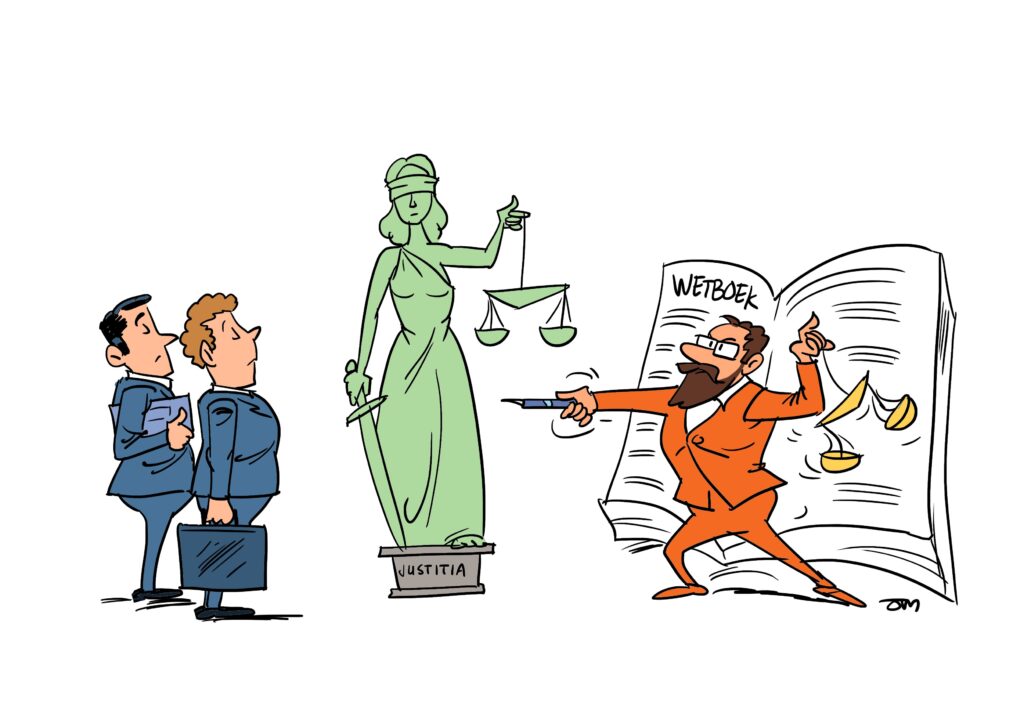Dutch tax over Dutch employment income while living abroad. Is that correct, should it not be taxed abroad as well?
Dutch tax over Dutch employment income while living abroad
The basic rule is that if you work in the Netherlands, you are taxed in the Netherlands over that income. And as the employer is situated in the Netherlands, Dutch social premium apply over this income as well.
The other basic rules is that if you actually execute the work for a Dutch employer abroad, a payroll for that work should be set up abroad. The work is taxed in the country where the work is actually being done. As a foreign payroll is set up, a foreign employer is created, hence no longer Dutch social premiums are to be paid, but local social premiums. An exception to this rule is the 183 day rule.
Living abroad while receive a Dutch salary over Dutch employment – court case
A director of a Dutch BV company received a salary of EUR 90.000 per year. He was not at good terms with the other directors, hence the other directors agreed with him he no longer needed to come to the office. The salary was continued to be paid.
If you earn EUR 90.000 salary without being asked to do any work, you might as well move to a more nicer place in the world. Consequently, this director moved to Costa Rica. The move was done during 2015. Hence in the 2015 Dutch income tax return pro rata for the period he was living in the Netherlands, the Dutch income was reported. Reported was EUR 18.835 instead.
The Dutch tax office disagreed and adjusted the 2015 income in the income tax return to EUR 90.000. The tax payer went to court and the high court ruled the tax office is correct. If an employment agreement is agreed upon in the Netherlands, and the employee is not asked to perform. This does not equal having performed the job outside the Netherlands. The job is assumed to be executed in the Netherlands.

Stock options – garden leave – RSU
Employees that have left the Netherlands but are paid out stock options many years later. Or execute RSU’s many years later. Or have left the Netherlands while the garden leave continued. Those employees are aware of the fact that the Dutch employer withheld Dutch tax over this income.
That said. The tax rate applied by the Dutch employers over this income is the maximum tax rate. The lower tax rate is not being applied. This is done to avoid corrections in a possible audit by the Dutch tax office. The highest tax rate cannot be too less. The lower can.
For these employees it is nearly always good Dutch tax advice to file a Dutch tax return to claim back the too much tax withheld.
Tax is exciting
We think tax is exciting. Not exciting is living in a country with a much lower tax rate, receiving your net salary after Dutch tax has been withheld. That is indeed a pity, but who receives EUR 90.000 for doing exactly nothing at all?





